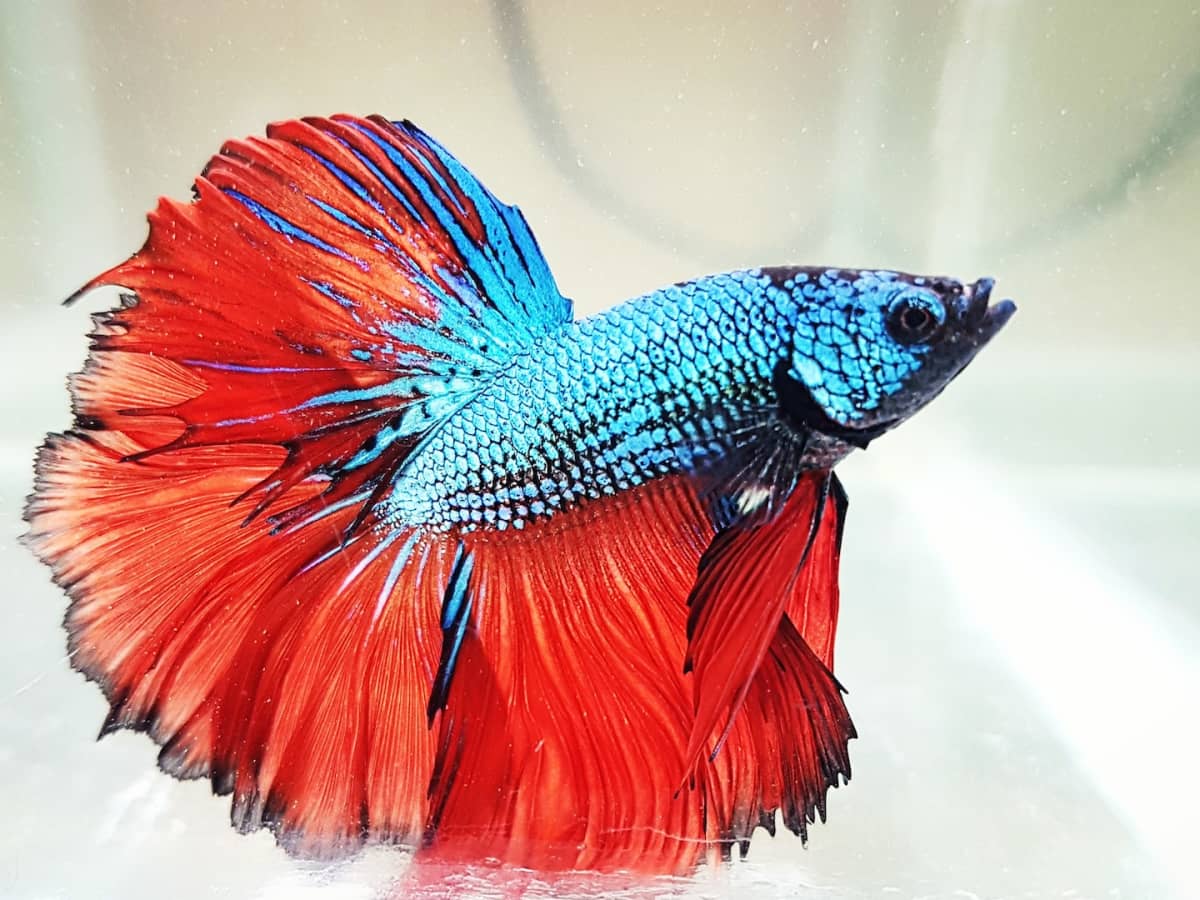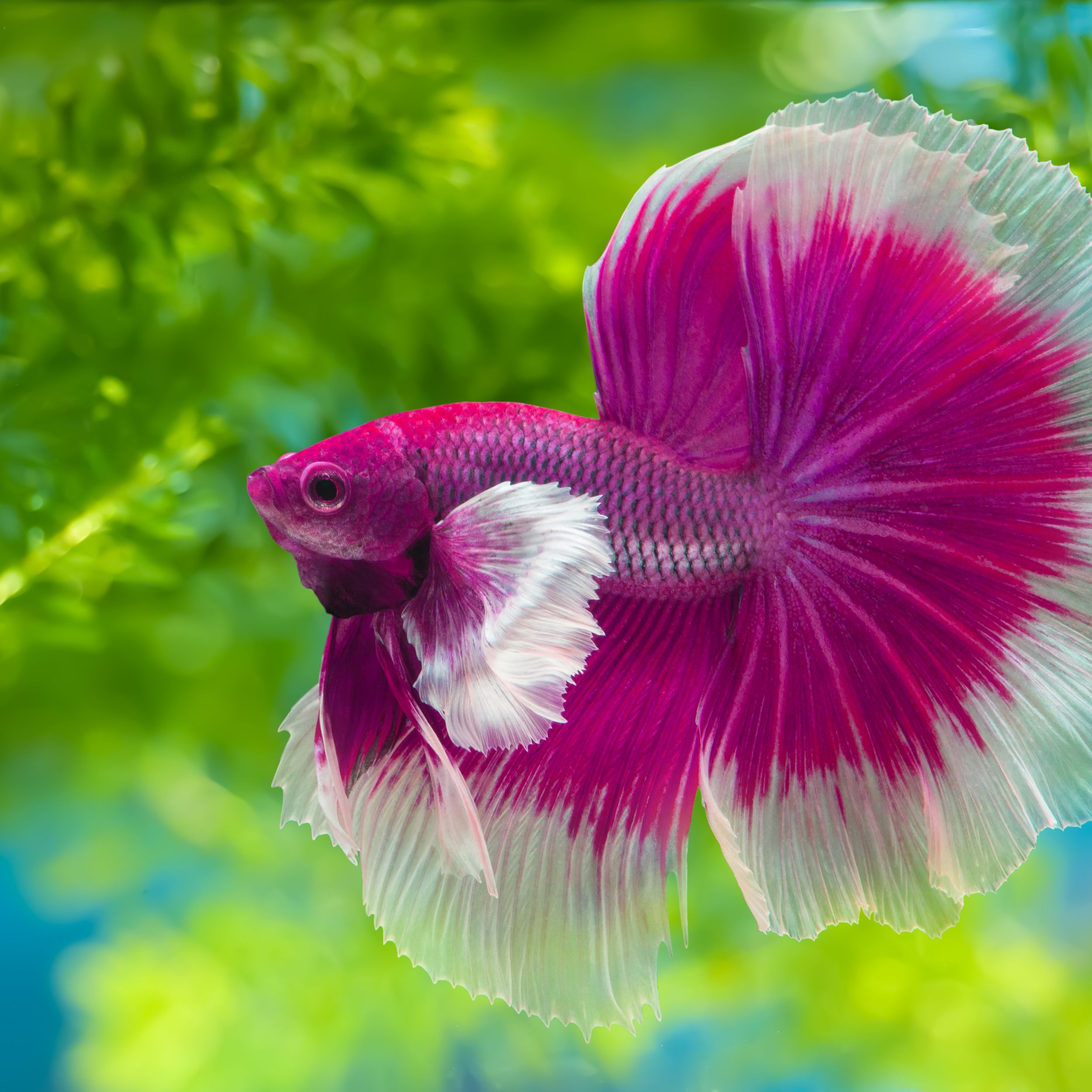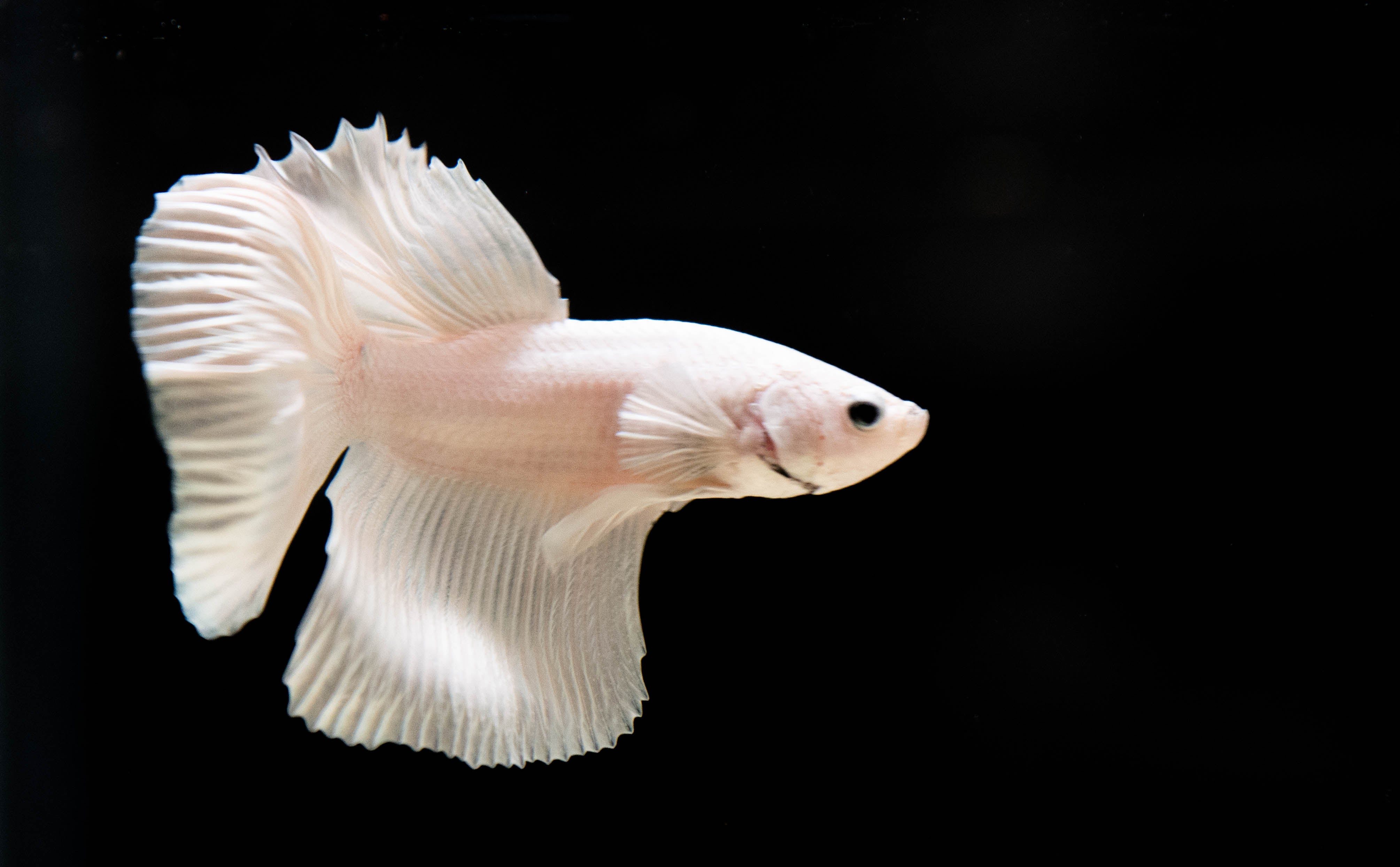The Ultimate Guide to Betta Fish Care: Important Tips for Preserving a Healthy And Balanced and Thriving Aquarium Environment
Effective Betta fish care necessitates a thorough understanding of their one-of-a-kind ecological and physical demands. Establishing a suitable aquarium begins with selecting the right tank dimension and ensuring ideal water conditions, which are important for the health and wellness and wellness of your Betta. Moreover, comprehending appropriate feeding practices and creating a helpful environment can dramatically affect your fish's vigor and behavior. As you consider these foundational facets, it becomes clear that maintaining a flourishing fish tank atmosphere requires focus to information and ongoing dedication. What details strategies will you apply to improve your Betta's quality of life?
Selecting the Right Container
Selecting the suitable tank for your Betta fish is important to ensuring its health and wellness and health. Bettas thrive in atmospheres that resemble their natural habitats, which typically consist of calmness, cozy waters. A container size of a minimum of five gallons is suggested to supply ample swimming room, as smaller sized tanks can lead to tension and health and wellness concerns for these vibrant fish.
When choosing a tank, consider the tank's form and filtering system. In addition, a trustworthy filtration system is vital to keep water high quality and reduce the frequency of water adjustments.
Temperature level law is an additional crucial aspect; Bettas choose water temperatures in between 76 ° F and 82 ° F. Spending in a great heater will certainly make certain that the water stays within this range, advertising a healthy and balanced and energetic lifestyle for your Betta. Giving proper tank decors and hiding areas will certainly help reduce stress and anxiety and motivate all-natural behaviors, further enhancing your Betta's well-being.
Preserving Water Quality
Preserving optimal water high quality is necessary for the health and wellness and long life of Betta fish. This requires routine surveillance of various specifications, including temperature level, pH, ammonia, nitrite, and nitrate levels. Bettas flourish in temperature levels in between 76 ° F and 82 ° F, so preserving a secure temperature is critical. Sudden changes can bring about stress and health problem.
The pH degree must preferably drop between 6.5 and 7.5. Routine testing utilizing a reputable water screening package can aid ensure these specifications stay within the proper arrays. Ammonia and nitrite degrees need to constantly go to 0 ppm, as also reduced focus can be poisonous to Betta fish. Nitrate degrees must be maintained under 20 ppm to avoid long-lasting health and wellness issues.
Routine water adjustments are crucial to preserving water top quality. In addition, integrating a robust filtering system can assist in keeping water clearness and top quality, giving a healthier environment for your Betta fish.
Ideal Feeding Practices
Giving a well balanced diet plan is critical for the wellness and vibrant pigmentation of Betta fish, as their dietary needs play a substantial duty in their total well-being. Betta fish are meat-eating naturally, calling for a diet high in healthy protein. A combination of high-quality pellets, icy or real-time foods such as bloodworms, brine shrimp, and daphnia can give the vital nutrients they require.
Feed your Betta fish two to find this three times a day, supplying just what they can take in within 2 to 3 minutes to avoid overfeeding and maintain water quality. Overfeeding can bring about obesity and health and wellness concerns, including swim bladder illness. It is vital to check their dietary intake and readjust section sizes accordingly.
Along with healthy protein, a well balanced diet regimen should include nutrients to advertise optimal health and wellness. Take into consideration supplementing their diet regimen with top quality flakes or pellets particularly created for Betta fish, as these commonly consist of necessary additives.

Producing a Suitable Environment

Water top quality is critical; preserve a temperature level between 76 ° F and 82 ° F, and ensure the pH degree varies from 6 - betta fish.5 to 7.5. Normal water adjustments of 25-50% per week will certainly help maintain contaminants at bay and guarantee a secure atmosphere
Including you can try here plants and hiding places is important, as Betta fish are normally territorial and appreciate having areas to explore and retreat. Live or silk plants, along with caves and ornaments, can produce a revitalizing environment.

Regular Wellness Checkups
Carrying out normal health and wellness appointments is vital for making certain the health of Betta fish, as early discovery of prospective concerns can stop serious illness. These checkups must encompass a thorough exam of the fish's physical condition, actions, and ecological elements.
Begin by observing the Betta fish for any kind of indications of distress, such as sleepiness, anorexia nervosa, or uncommon swimming patterns. Furthermore, inspect the fins and body for indications of staining, lesions, or fin rot, which can suggest infections or bloodsuckers. On a regular basis keeping track of the water high quality in the aquarium is similarly critical; parameters such as pH, ammonia, nitrite, and nitrate degrees need to be maintained within ideal ranges to avoid anxiety and ailment.
Moreover, consider preserving a log of wellness observations and water high quality examinations. This record can help with the recognition of patterns or repeating problems. If any type of abnormalities are identified during the appointment, it is vital to speak with a vet experienced in marine animals. Timely treatment can make a significant difference in the healing of your Betta fish, making sure a long and healthy life in a properly maintained fish tank setting.
Final Thought
Finally, successful Betta fish care depends upon producing and keeping an optimal aquarium atmosphere. Trick variables consist of selecting an appropriately sized storage tank, guaranteeing consistent water quality, sticking to excellent feeding techniques, and creating a habitat that decreases stress. Normal health and wellness examinations are vital for early detection of prospective problems. By following these standards, here are the findings aquarists can advertise the well-being and vibrancy of Betta fish, inevitably leading to a growing water environment.